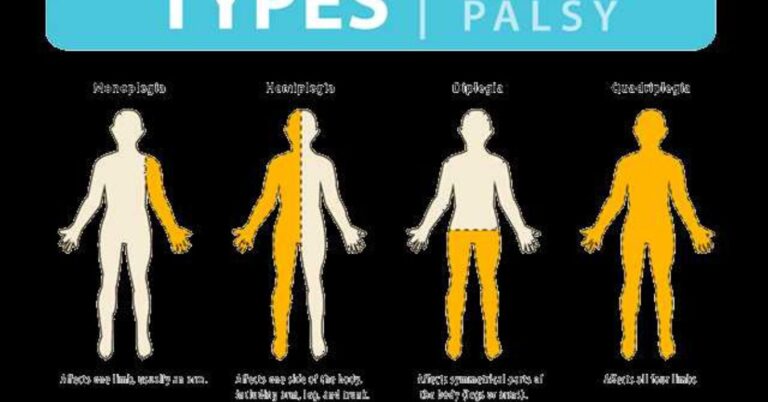Empowering Support: The Importance of Dementia Caregiver Training in Singapore
As Singapore’s population continues to age, the need for trained caregivers for elderly individuals, especially those living with dementia, is growing rapidly. One essential solution to address this rising demand is Dementia Caregiver Training Singapore a program designed to equip family members and professional caregivers with the knowledge, skills, and emotional resilience necessary to care for individuals with dementia effectively.
The Growing Need for Dementia Care in Singapore
Dementia, which includes conditions such as Alzheimer’s disease, affects memory, thinking, and social abilities. In Singapore, over 100,000 people are currently living with dementia—a number expected to triple by 2050 due to the country’s aging demographic. This staggering projection has placed immense pressure not just on healthcare systems but also on families, many of whom become primary caregivers with little to no training.
Without the proper understanding of dementia and how it progresses, caregivers often struggle with feelings of frustration, helplessness, and emotional burnout. This is where structured programs like Dementia Caregiver Training Singapore come into play—by offering practical tools, emotional support, and expert-led instruction to make caregiving more manageable and compassionate.
What is Dementia Caregiver Training?
Dementia caregiver training programs are comprehensive courses developed to provide caregivers with essential skills. These programs typically cover topics such as:
-
Understanding dementia and its stages
-
Effective communication strategies
-
Managing challenging behaviors
-
Personal care techniques
-
Ensuring safety in the home
-
Legal and ethical responsibilities
-
Self-care for caregivers
The aim of these programs is not only to improve the quality of life for individuals with dementia but also to reduce caregiver stress and burnout. Participants are taught how to approach caregiving with empathy, patience, and awareness, ensuring that both the caregiver and the person with dementia experience a better quality of life.
Benefits of Dementia Caregiver Training
Investing time in proper training brings several benefits:
1. Improved Care Quality
Caregivers who undergo structured training are better equipped to understand the needs of dementia patients. This results in fewer accidents, improved patient behavior, and better day-to-day care.
2. Reduced Stress and Burnout
Caregiving can be emotionally draining, especially when managing dementia-related behaviors such as aggression, confusion, or wandering. Training provides tools to cope with these challenges and reduces feelings of overwhelm.
3. Enhanced Communication
One of the most significant hurdles caregivers face is maintaining meaningful communication with their loved one. Training teaches strategies that foster connection even when verbal communication is impaired.
4. Emotional and Psychological Support
Dementia Caregiver Training Singapore often includes peer support groups and access to mental health professionals, helping caregivers process their emotions and build a support network.
5. Legal and Practical Preparedness
Courses also educate caregivers on legal matters, such as Lasting Power of Attorney and Advance Care Planning, ensuring that both the patient and the family are protected.
What Makes Dementia Caregiver Training in Singapore Unique?
Singapore has tailored its caregiver training to suit the specific cultural, linguistic, and societal context of the country. Courses are often offered in multiple languages such as English, Mandarin, Malay, and Tamil, and are sensitive to the multigenerational living arrangements common in Singaporean households.
Government bodies like the Agency for Integrated Care (AIC) work with care providers to support training initiatives, offering subsidies and grants to encourage more families to participate. The country’s robust infrastructure, combined with efforts from both public and private sectors, makes Dementia Caregiver Training Singapore more accessible and effective than ever.
Moreover, training programs are designed to be flexible, with online modules, weekend classes, and practical sessions, ensuring that even full-time working adults can attend without compromising their responsibilities.
Real-Life Impact: Stories from Trained Caregivers
Many caregivers in Singapore have experienced life-changing benefits after completing a dementia training program. One such caregiver, Mr. Tan, shared how the training helped him understand his mother’s condition better. Before, he would often get frustrated by her repetitive questions or sudden mood swings. After the course, he learned to identify triggers and use calm, non-confrontational communication, which significantly improved their relationship.
Another caregiver, Mrs. Lim, mentioned that she had felt isolated and exhausted caring for her father. Through the support group formed during the training program, she not only learned vital care techniques but also formed lasting friendships that offered emotional and practical support.
These stories are just a few examples of how Dementia Caregiver Training Singapore can transform lives—not just for the person with dementia, but for their entire family.
How to Choose the Right Training Program
When considering a caregiver training course, look for programs that:
-
Are approved by relevant Singaporean healthcare authorities
-
Offer both theoretical knowledge and hands-on practice
-
Provide follow-up resources and ongoing support
-
Are taught by experienced professionals in dementia care
-
Fit your schedule and caregiving responsibilities
It’s also important to assess your own needs as a caregiver. Whether you’re a spouse, child, or domestic helper, the training should align with your level of responsibility and the stage of dementia the person is in.
Taking the First Step
Being a caregiver for someone with dementia is one of the most selfless and challenging roles a person can undertake. While love and commitment are the foundation, skill and knowledge are what make long-term caregiving sustainable. That’s why more and more families are turning to Dementia Caregiver Training Singapore to bridge that gap.
Singapore’s aging population may present challenges, but it also offers the opportunity for innovation and compassionate community-building. With the right training, caregivers can empower themselves to provide the dignified and loving care that every person with dementia deserves.
Conclusion
In the face of a growing dementia crisis, caregiver training is not just a helpful option—it’s a necessity. The increasing availability and accessibility of Dementia Caregiver Training Singapore mark a pivotal step forward in equipping families and professional caregivers with the knowledge they need. By supporting those who care, Singapore is laying the foundation for a society that not only respects its elders but also ensures their final years are filled with dignity, empathy, and understanding.







